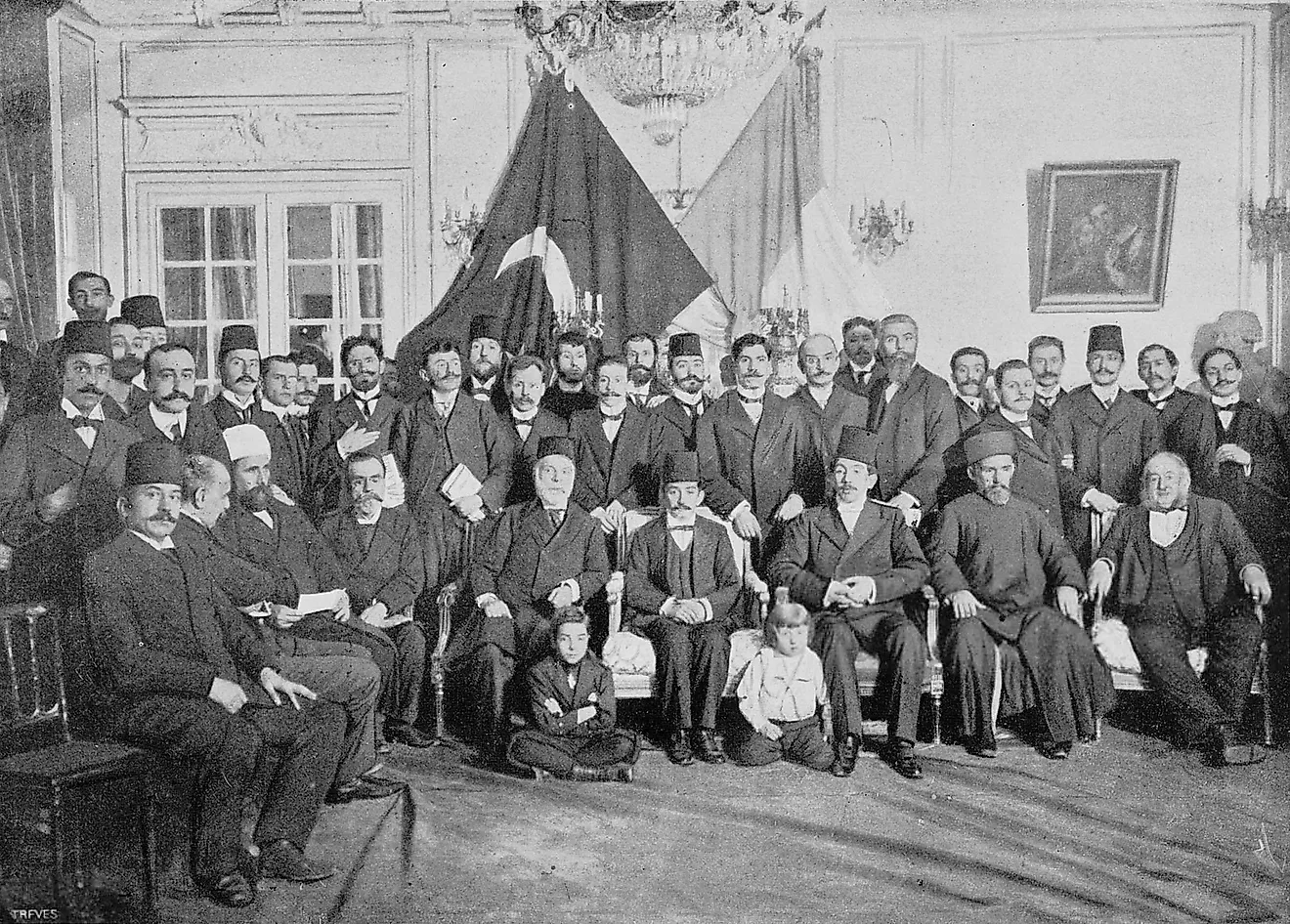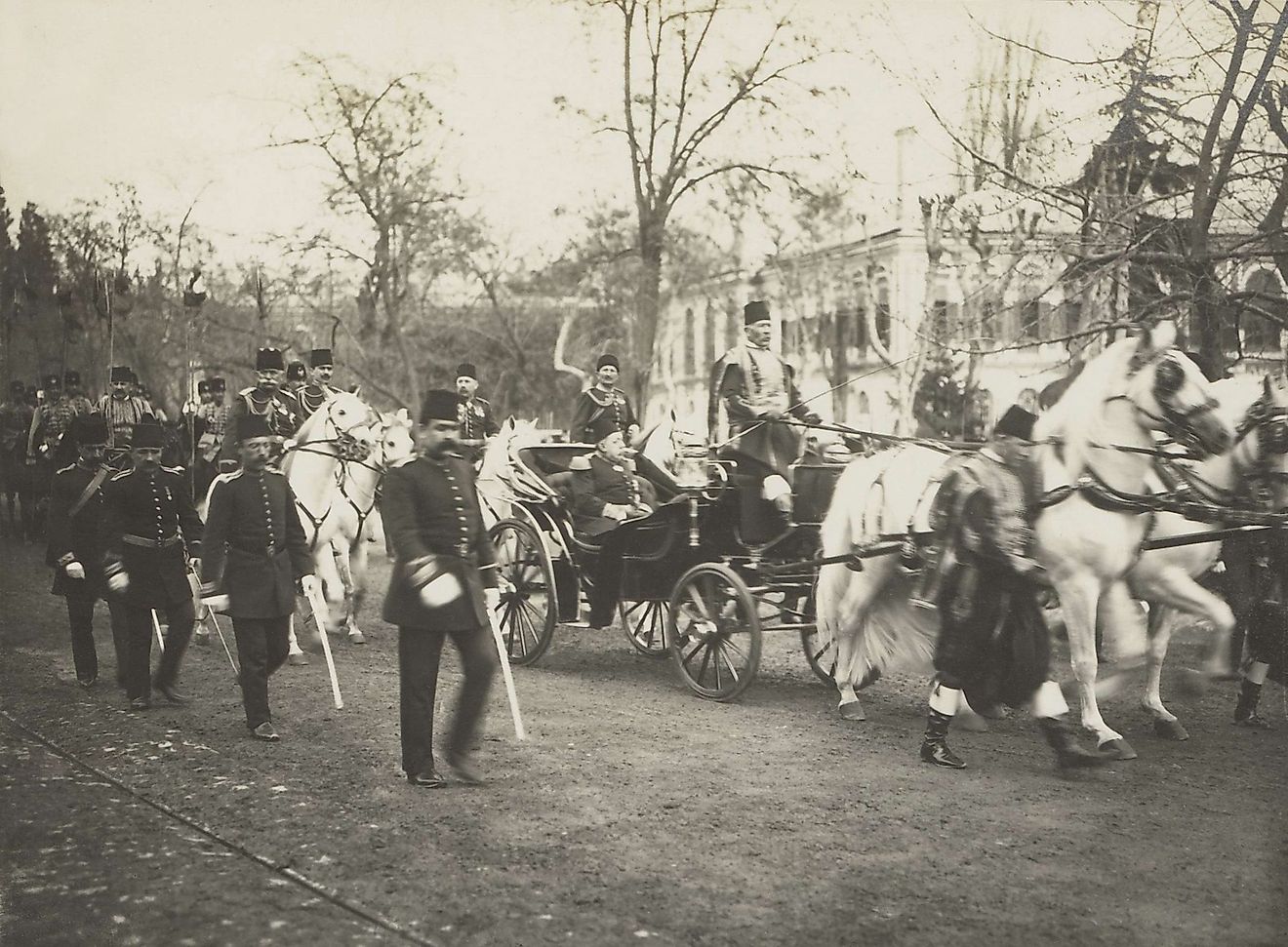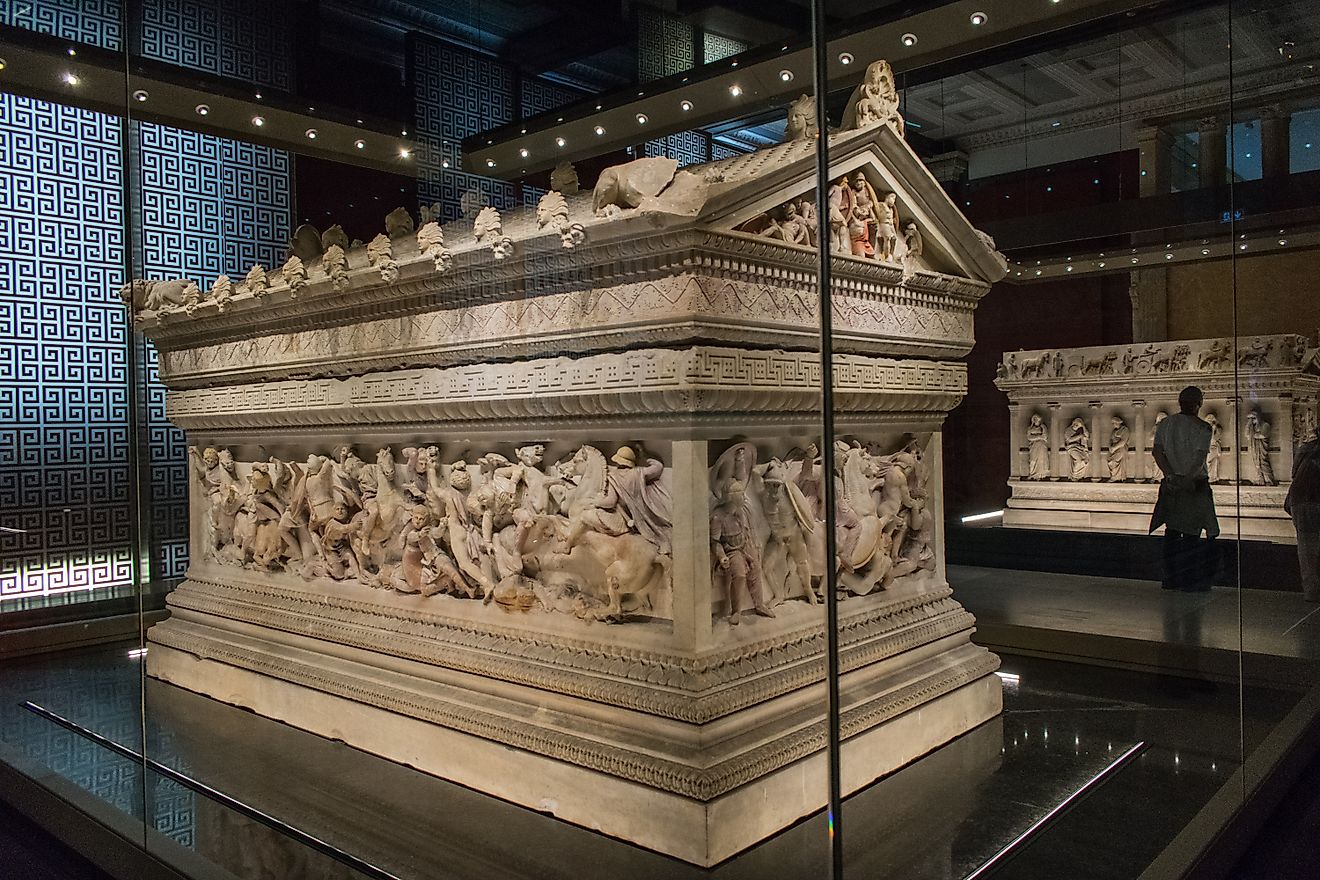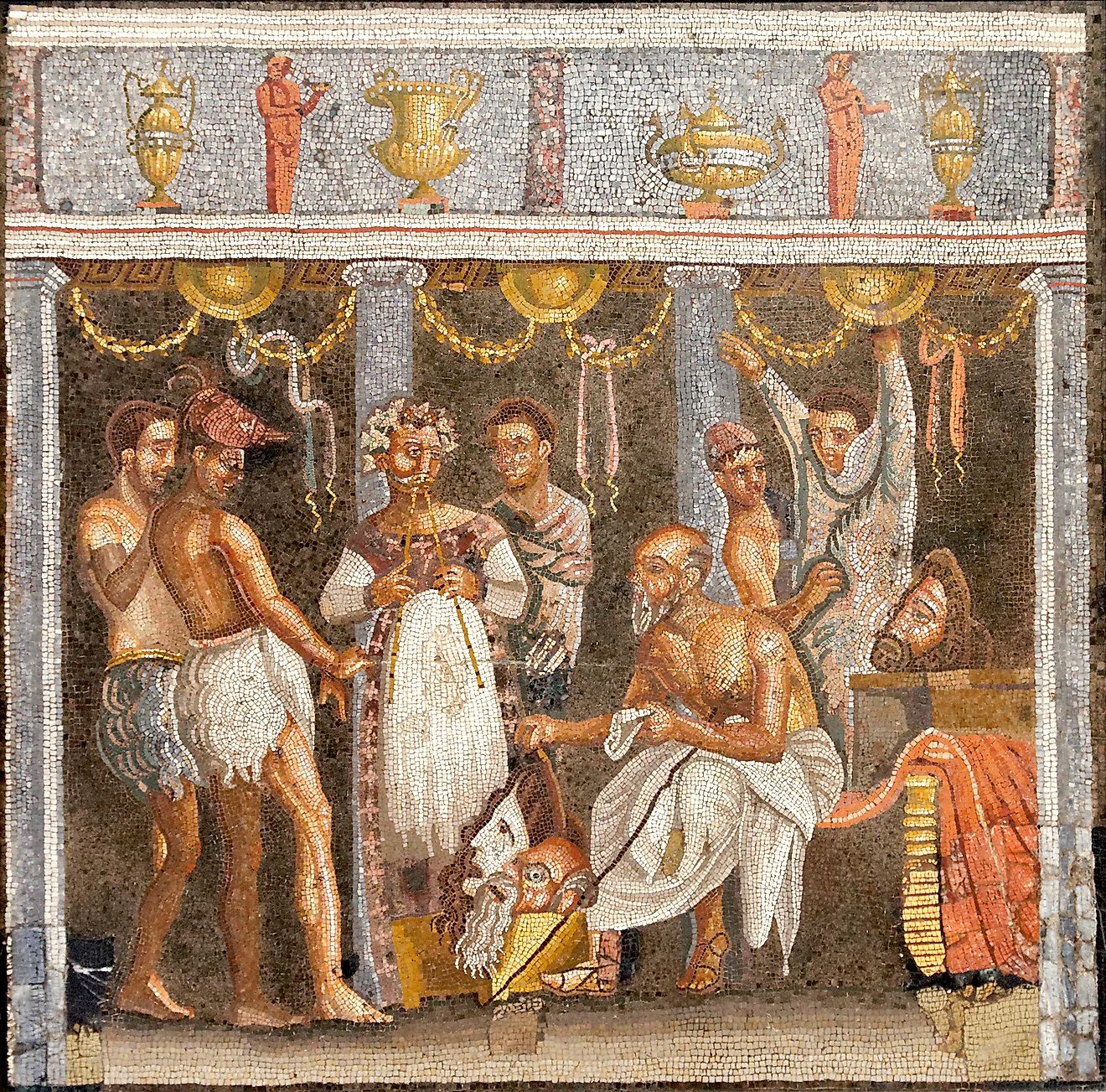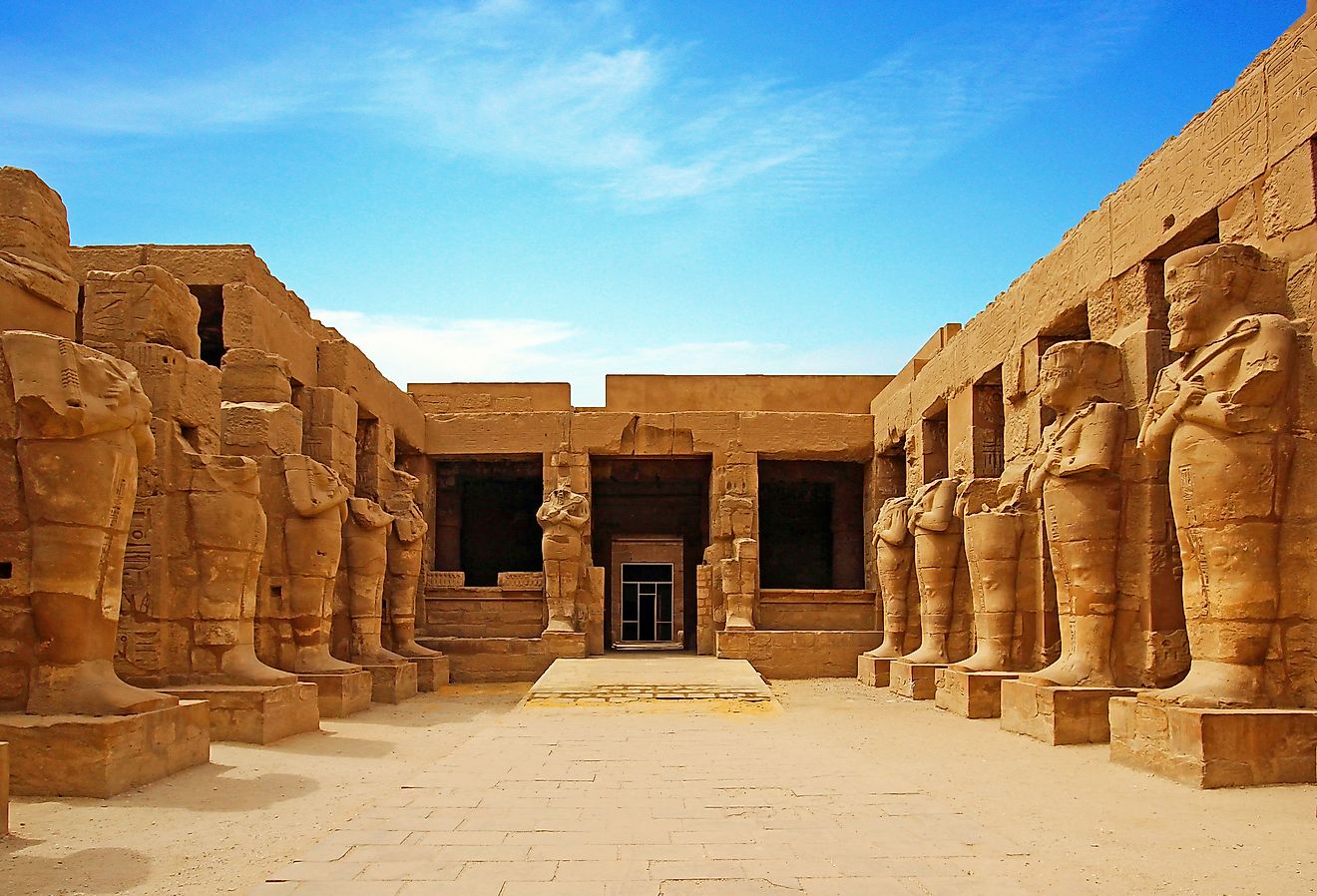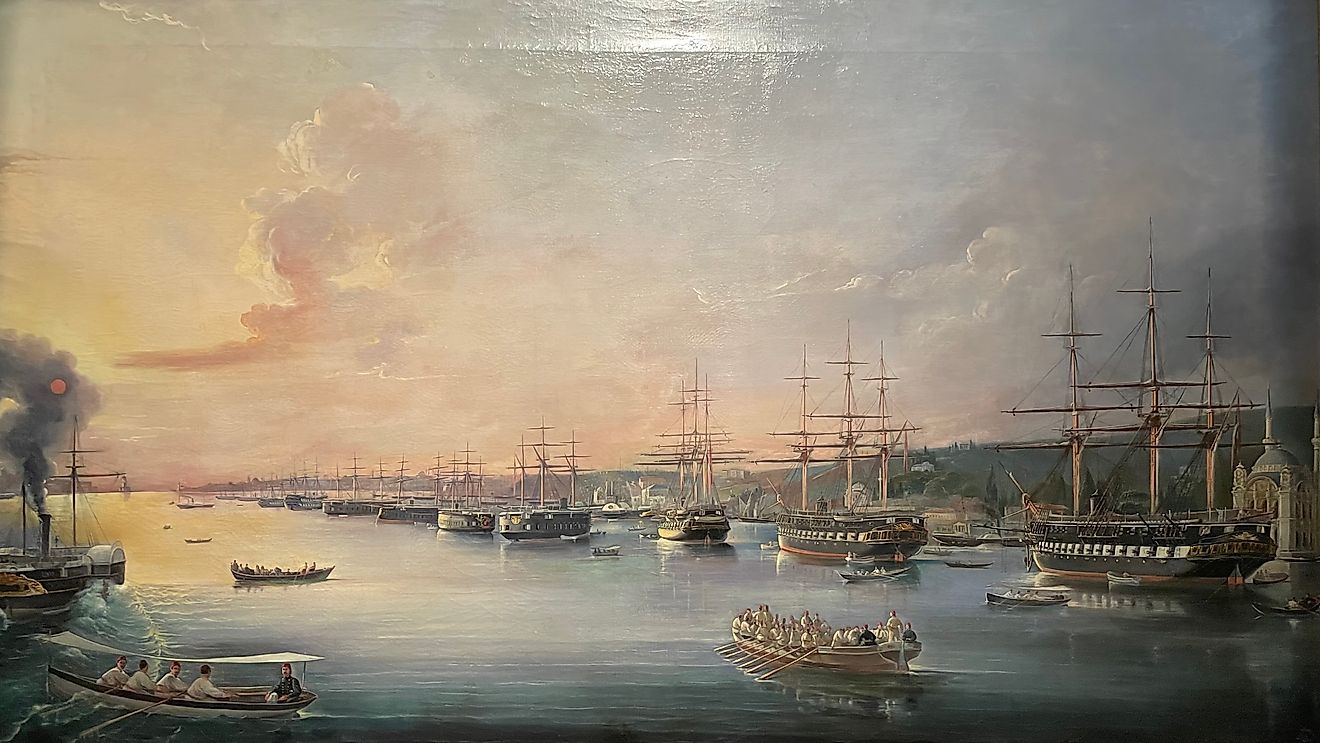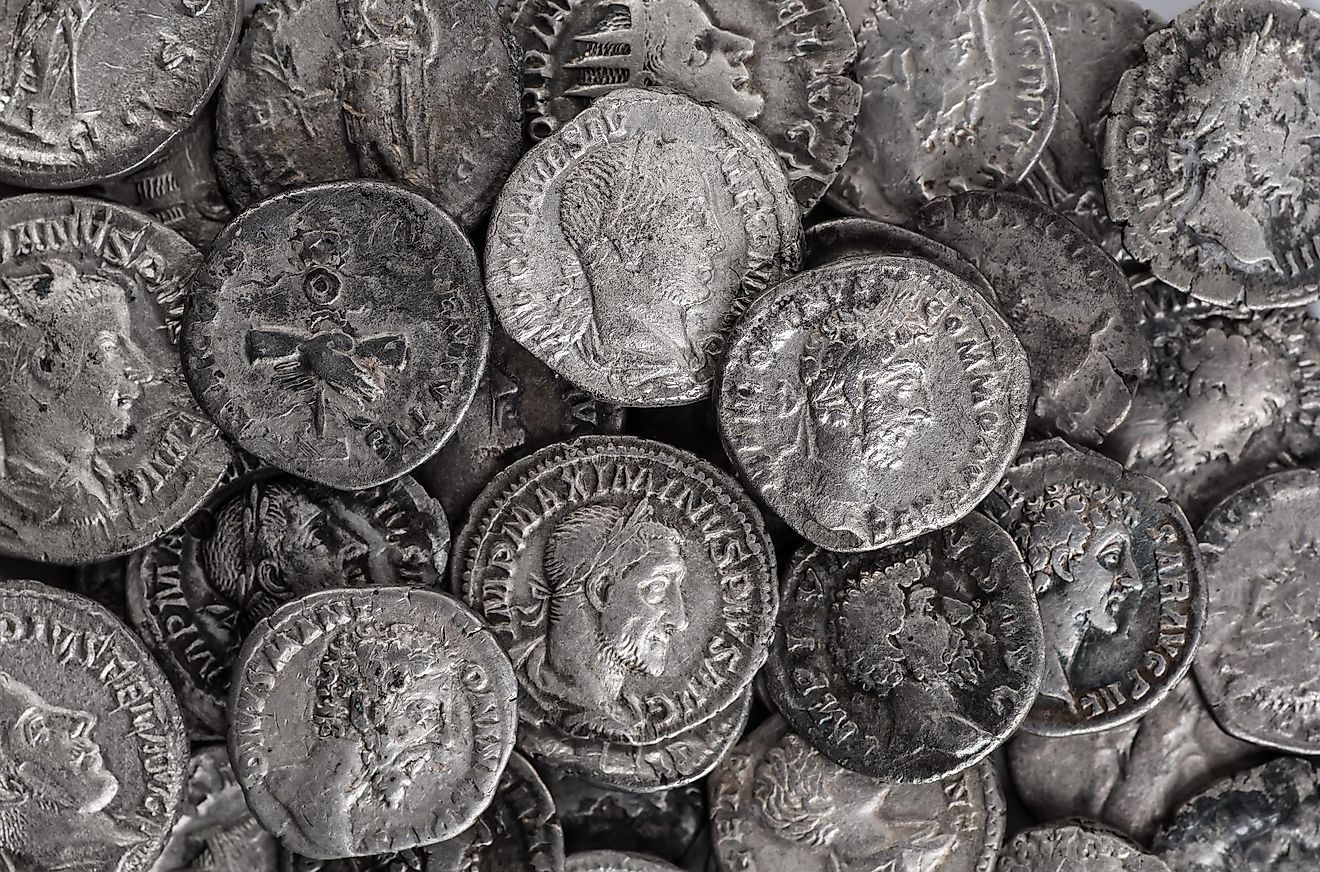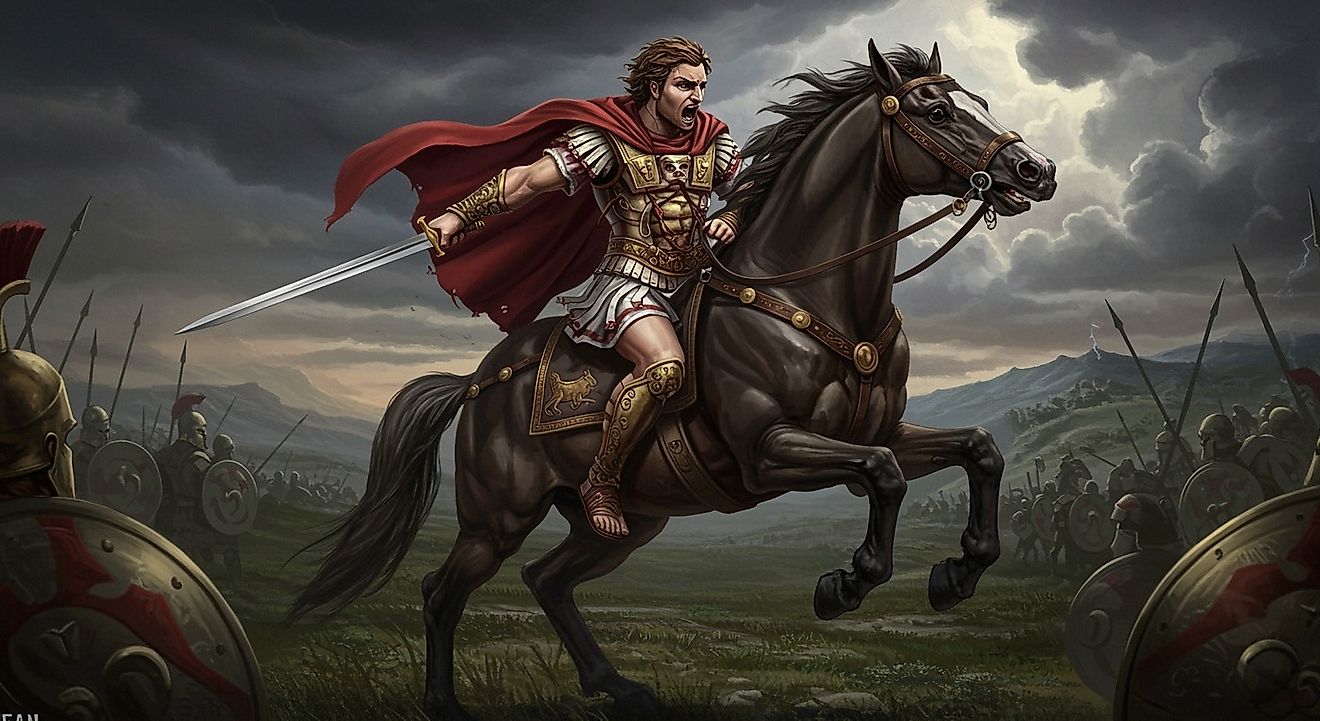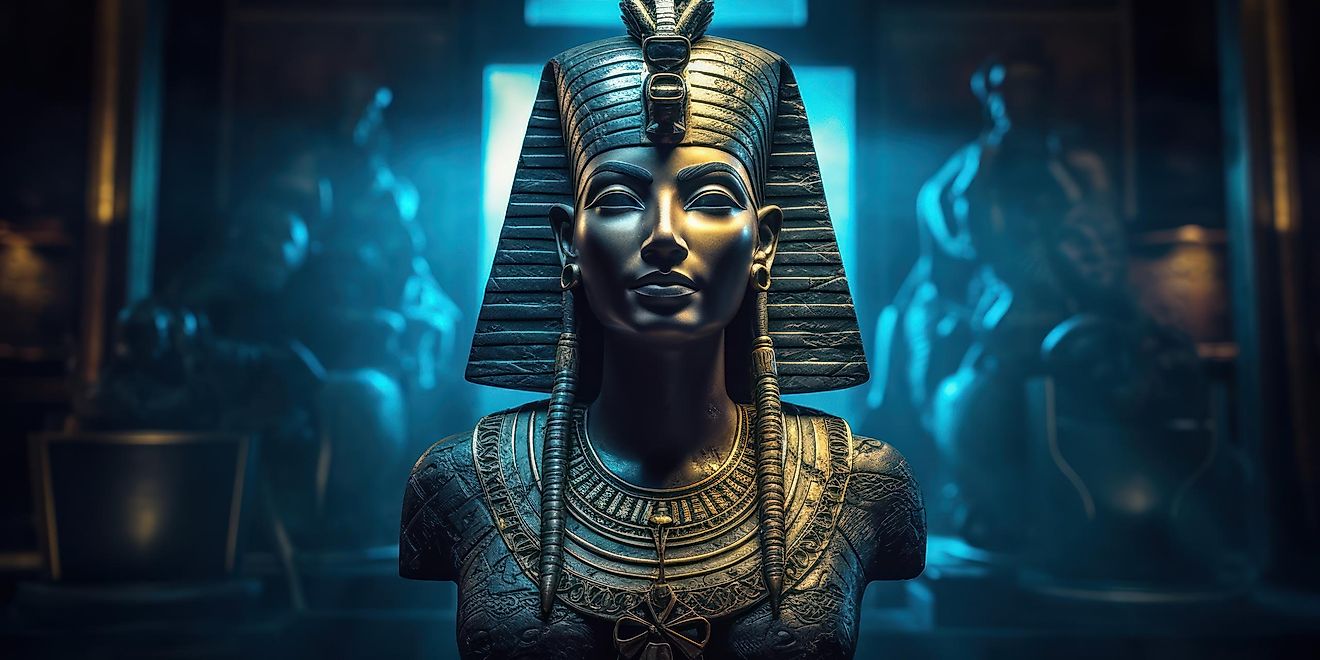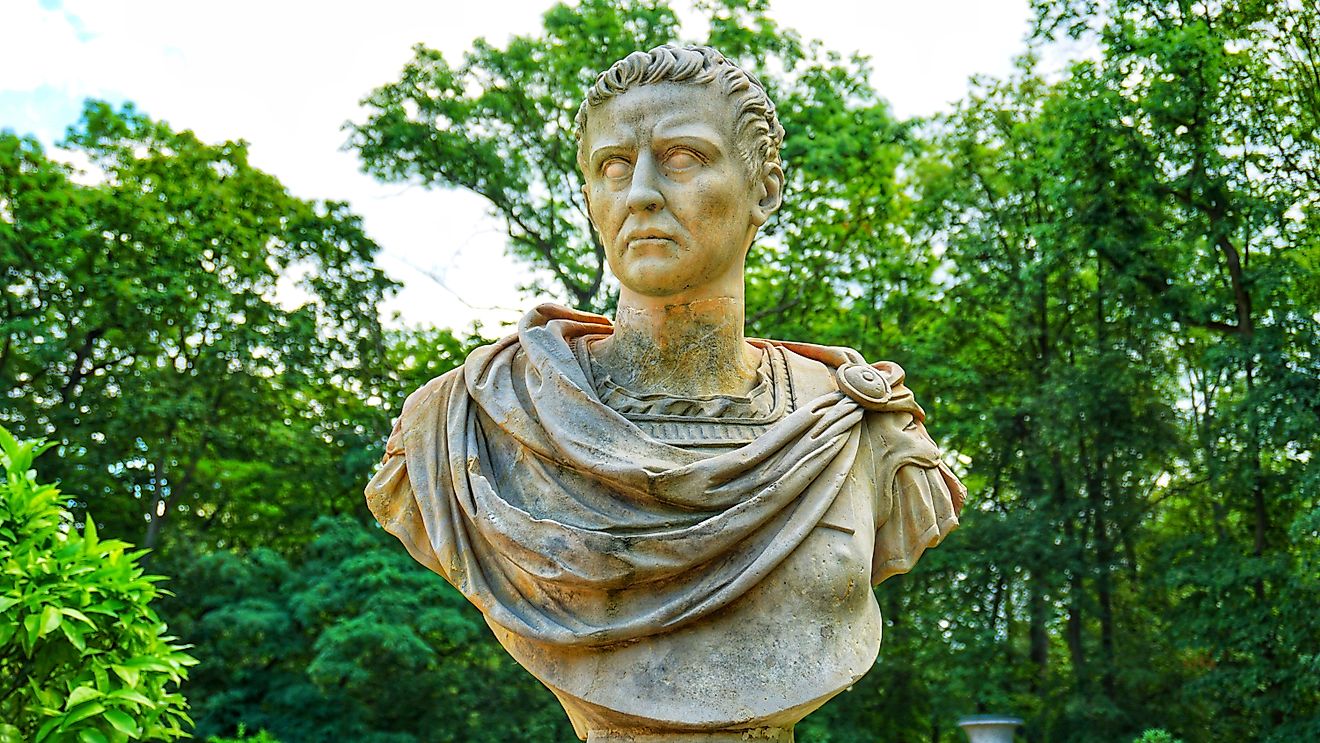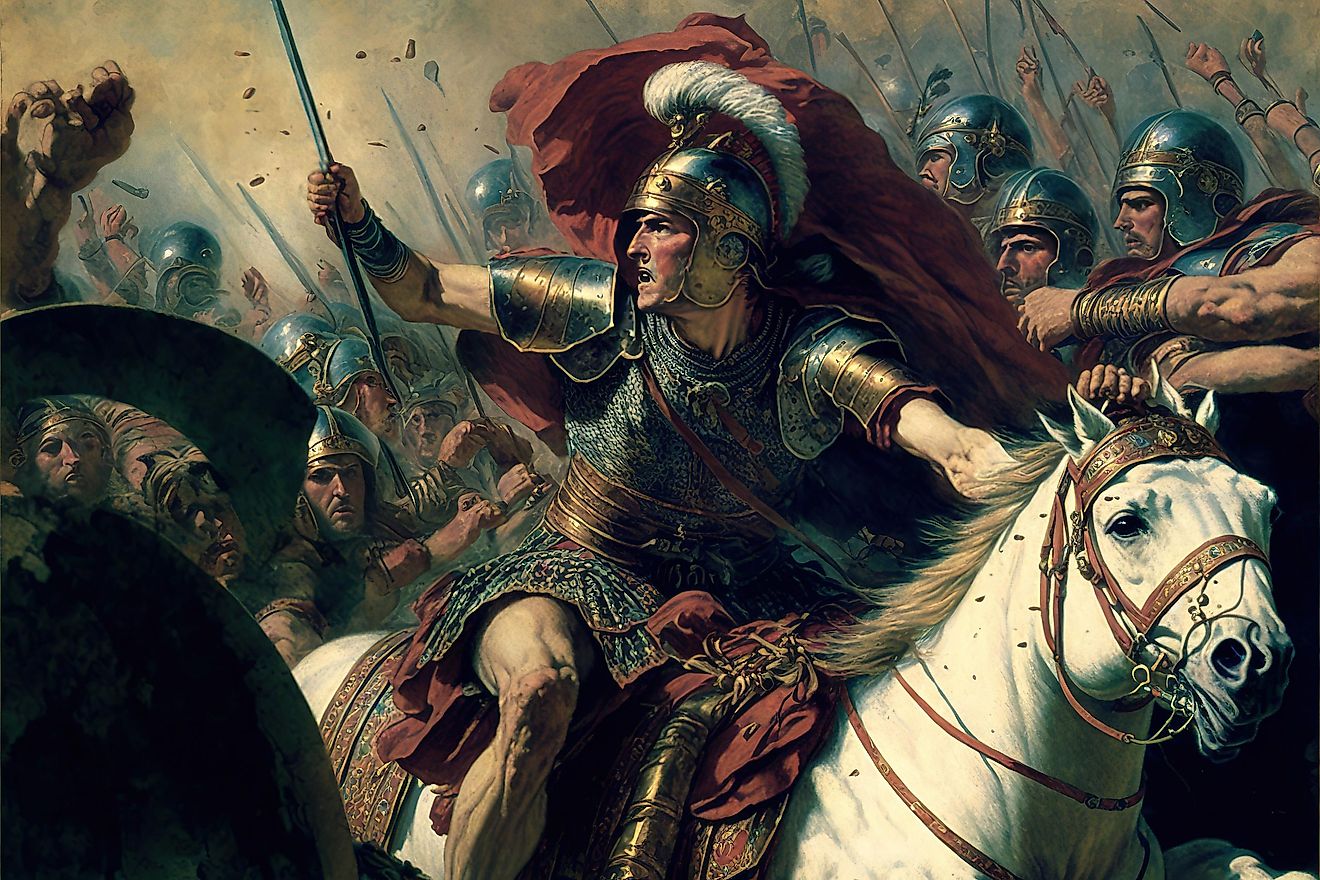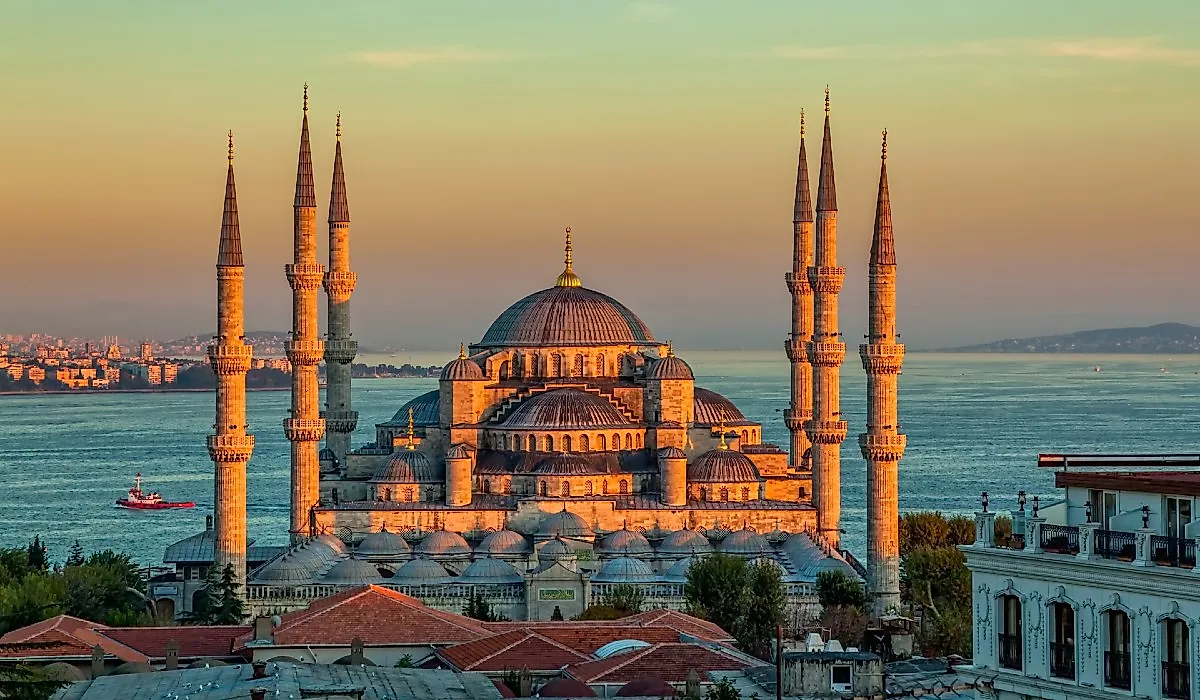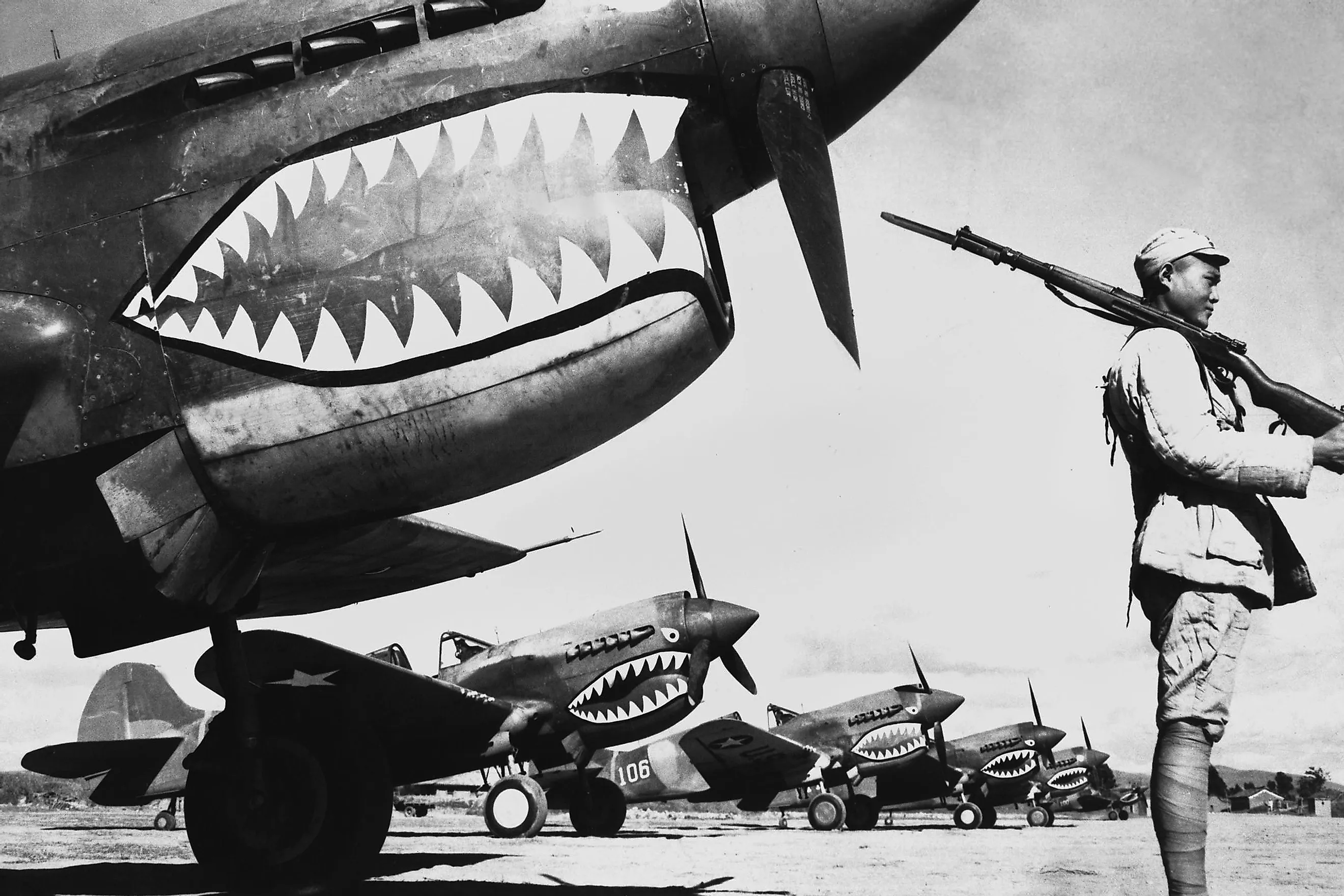
What Was China's Role in WWII?
Most believe that the Second World War began on September 1, 1939, when Germany invaded Poland. However, two years earlier, the Japanese Empire invaded China. Furthermore, in 1931, Japan annexed Manchuria, a region in Northern China. This signifies that the Asian theatre of World War Two was already well underway by the time Hitler launched his war in Europe. It also suggests that China played a key role in the conflict, one often forgotten by those in the West. Therefore, investigating China's place in the Second World War is worthwhile since it provides a fuller picture of one of the most consequential events in world history.
The Context

The fall of the Qing Dynasty in 1912 led to instability in China. By 1927, a full-scale civil war had broken out between the Nationalists, led by Chiang Kai-shek, and the Communists, led by Mao Zedong. This domestic unrest meant that China was very weak, which appealed to the Japanese Empire. Indeed, Japan wanted to become a hegemon in Asia by creating the Greater East-Asia Co-Prosperity Sphere--a self-sufficient bloc of East-Asian countries with Japan as its leader. One of the first places the Empire wanted as part of this bloc was Manchuria, a region in Northern China due to it being resource-rich and sparsely populated.
Following a period of military and diplomatic pressures, China allowed Japan to control Manchuria's railways in the late 1920s. Tensions then increased significantly in September 1931 when one of the railways was blown up. In reality, Japan was responsible for the attack, having carried it out to justify further military operations in the region. Thus, soon after the bombing, Japanese forces invaded Manchuria and set up a puppet regime. Japan also began to push southward, gradually taking more and more territory over the coming years.
The Beginning And Early Atrocities
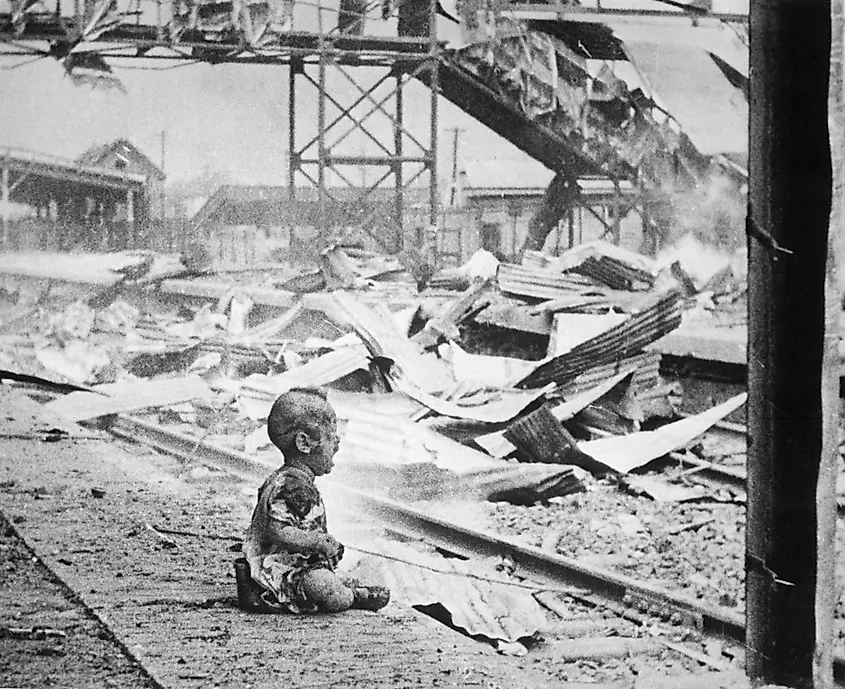
In July 1937, Japanese troops near the Chinese capital of Peking (now known as Beijing) discovered that one of their own had deserted. Upon trying to enter a village to look for him, Chinese soldiers denied them access, resulting in a firefight that provided an excuse for the full-scale Japanese invasion of the rest of the country. Importantly, while Peking was the capital, Chiang Kai-shek's government had moved most official business to Nanking. However, as Chinese forces were poorly trained, Japanese troops quickly captured the de facto capital, but only after Kai-shek had set up yet another capital in Chongqing. This realization resulted in the occupying army killing and raping the local population from December 1937 to January 1938. Known as the Nanking Massacre, between 50,000 to 300,000 people died. It was also a major strategic error, as such atrocities encouraged few Chinese collaborators. All this meant that the war in China, known as the Second Sino-Japanese War, quickly fell into a stalemate.
The War Turns Global
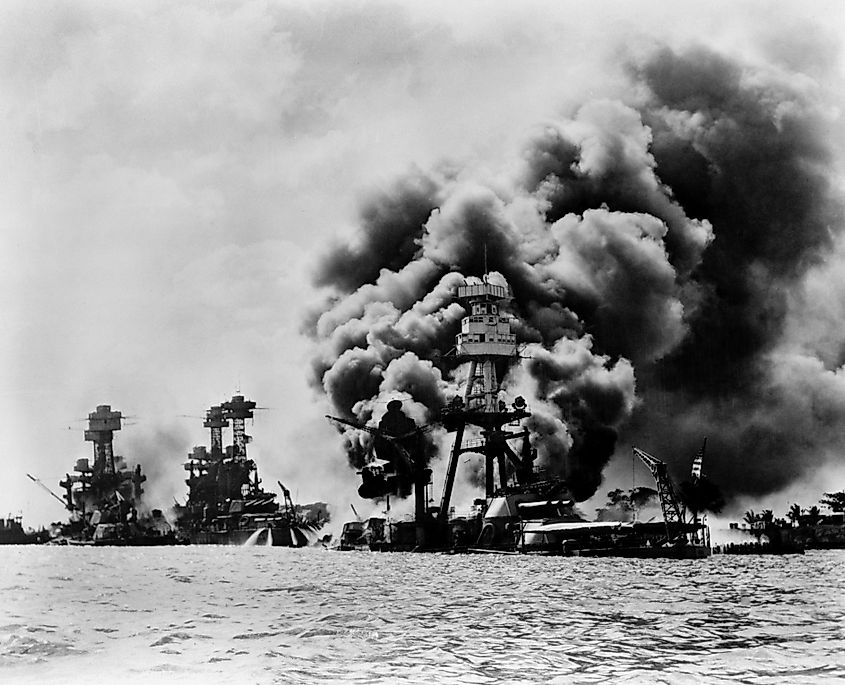
On December 7, 1941, in response to crippling American sanctions, Japan attacked the Hawaiian naval base of Pearl Harbor, bringing the United States (US) into the war. The US quickly allied with China, providing some much-needed relief by distracting the Japanese through the opening of another front. Moreover, the fact that China never surrendered, despite experiencing immense losses, meant that Japan needed to continue to expend resources on the country--thereby making it easier for the Allies elsewhere. In short, China's role as a member of the Allies was a mutually beneficial experience for all involved.
This alliance had enormous symbolic significance. For instance, American President Franklin Delano Roosevelt (FDR) declared China to be one of the "four policemen" of world order, along with the Soviet Union, the United Kingdom, and the United States. Chiang Kai-shek also became something of a celebrity, with propaganda posters displaying his image across the US and his wife delivering an address to the American Congress.
The End And Impact Of The War
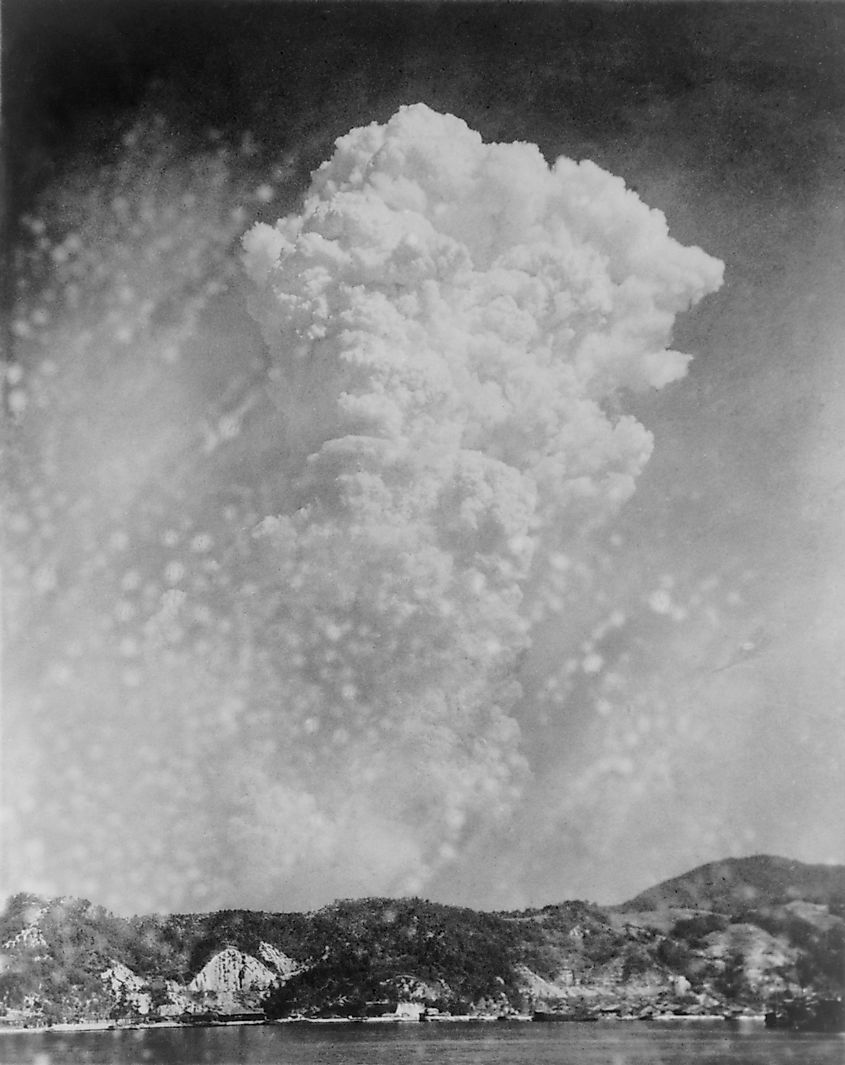
Following a defeat in the 1942 Battle of Midway, the Japanese Empire was on the defensive for most of the war. Germany then surrendered in May 1945, leaving Japan without a key ally. Finally, in August of that year, the US dropped atomic bombs on Hiroshima and Nagasaki to force a Japanese capitulation. This plan worked, and Japan officially surrendered on September 2, 1945.
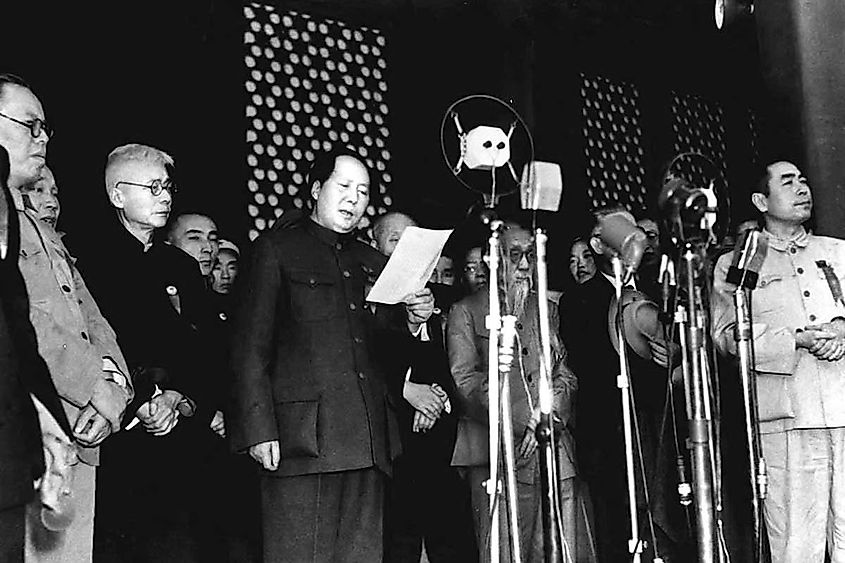
China suffered 19.5 million fatalities during World War Two. Furthermore, in 1946, the Chinese Civil War resumed, as it had been paused during the Japanese occupation. The Communist's power had grown significantly during this time, largely due to their successful guerrilla war against Japan. Thus, in 1949, the Communists won and established the People's Republic of China, with Mao Zedong as its leader. The Nationalists then fled to the island of Taiwan.
In conclusion, the Second World War shaped China, and China shaped the Second World War. Tensions in the north of the country arguably started the entire conflict. Moreover, without China, the Allies likely would not have been able to defeat Japan. Finally, the war fundamentally changed China's political landscape, resulting in the fall of the Nationalist government and the rise of communism.
